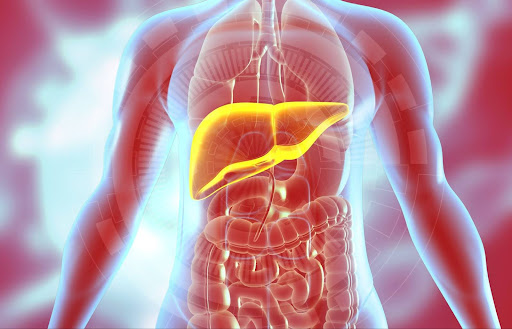ALT And AST: Your Guide To Liver Function Tests

Also known as liver chemistries, liver function tests help assess liver health. They measure the protein levels, liver enzymes, and bilirubin in your blood. If your doctor detects a liver issue, they may recommend a liver function test. They might also suggest one if you were exposed to a virus that may lead to hepatitis, or they’d like to monitor the side effects of certain medications that may harm the liver.
Generally speaking, there are two types of liver function tests: ALTs and ASTs. Your doctor may order one of these tests or both, depending on your situation and their particular goals. At Birmingham Gastroenterology, we’re here to help you take a closer look at ALTs and ASTs.
Alanine Transaminase (ALT) Test
Your body uses an enzyme called alanine transaminase (ALT) to metabolize protein. Liver damage or problems will release ALT into the bloodstream, causing ALT levels to increase. High levels of ALT might be a sign that you are dealing with a liver condition. That’s where an ALT blood test comes in. It’s designed to measure the amount of ALT in your blood. In many cases, an ALT blood test is part of a blood test panel, like a liver enzyme panel, such as an LFT or HFP, or a comprehensive metabolic panel (CMP).
Your doctor might prescribe an ALT test if you have risk factors for liver disease, like excessive alcohol use, a family history of liver disease, obesity, or diabetes. Also, if you’ve been diagnosed with a liver condition, they may use this liver function test to determine how you’re doing and whether you need to change your treatment plan.
If your ALT test is included in a CMP, you will have to fast for 10 to 12 hours before it. In the event your ALT is a standalone test, fasting won’t be required. Your doctor might also tell you to stop taking some medications and supplements beforehand as they may interfere with the results.
During the test, a healthcare provider will find a vein and clean the area. Then, they’ll insert the needle and collect a small blood sample. The test is fairly quick, and you should be done in five minutes or less. You’ll receive the results after they’ve been processed by a lab and sent to your doctor.
Aspartate Aminotransferase (AST) Test
Also referred to as aspartate aminotransferase, aspartate transferase (AST) is an enzyme that’s found in your liver, heart, kidneys, brain, and other major tissues. An AST blood test looks for aspartate transferase in your blood and can help evaluate your liver health. High levels of AST typically indicate a liver condition.
As with an ALT liver function test, an AST test is usually part of a comprehensive metabolic panel (CMP). Your doctor may request it if you’re at high risk for liver disease or have a liver condition. Just like with the ALT test, the procedure is fairly quick and simple.
During this liver function test, a healthcare provider finds a vein and inserts a needle so they have an adequate amount of blood. The test will then get sent to a lab, and you’ll receive the results once they’ve been processed.
Alanine Transaminase (ALT) Test vs. Aspartate Aminotransferase (AST) Test
ALT and AST tests measure enzymes that make their way into your blood when certain cells sustain damage. While ALT and AST are both known as liver enzymes, AST is found in more areas of your body ALT. This is why if your ALT levels are higher, there’s a greater chance you have a liver condition than if your AST levels are higher. It’s not uncommon for doctors to order both liver function tests to gain a greater picture of your liver condition and overall health.
Have Further Questions About Liver Function Test? Contact Birmingham Gastroenterology
If you have been prescribed a liver function test, such as an ALT or AST, or believe you could benefit from one, Birmingham Gastroenterology is here to help. We encourage you to contact us today to schedule an appointment or request more information.

